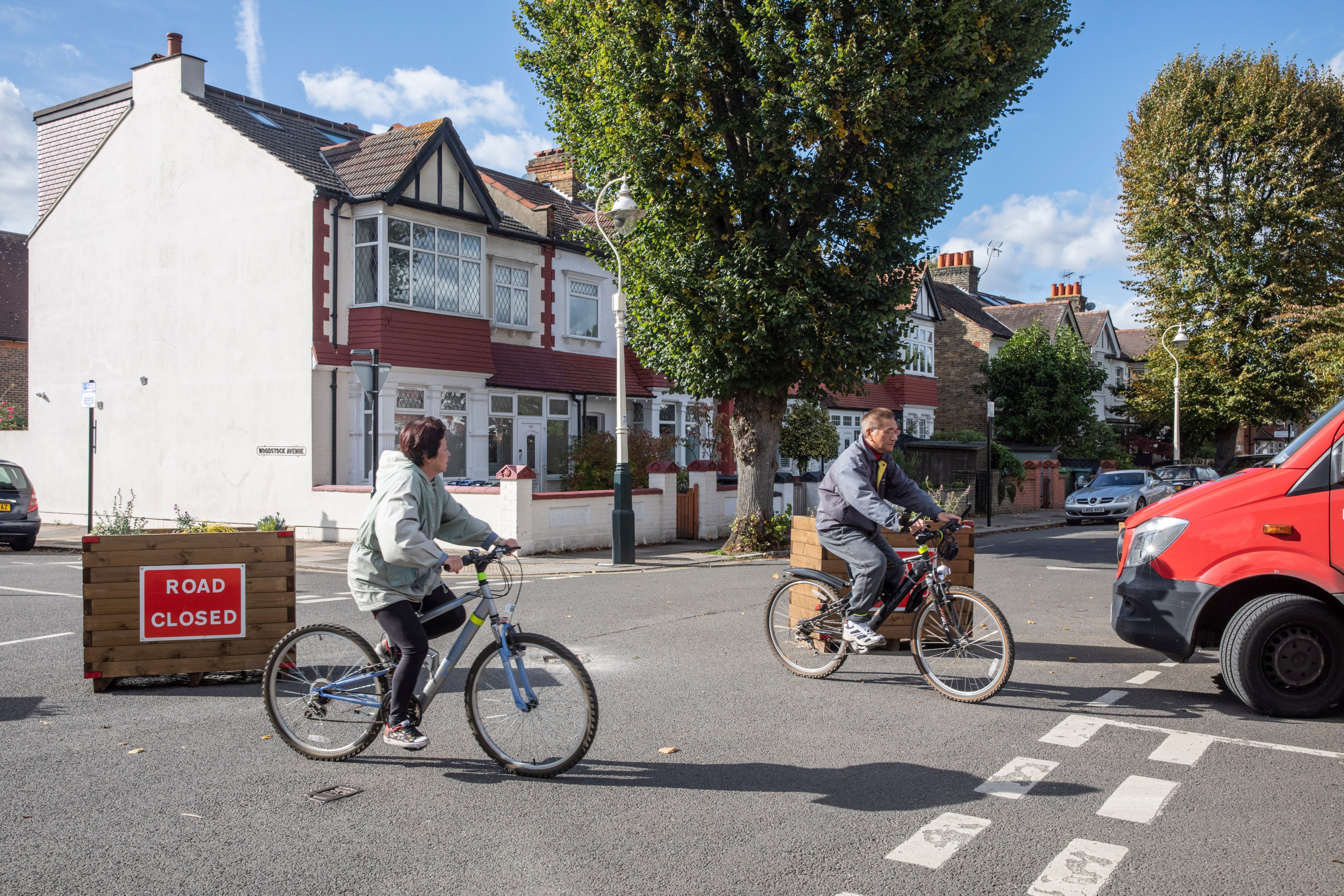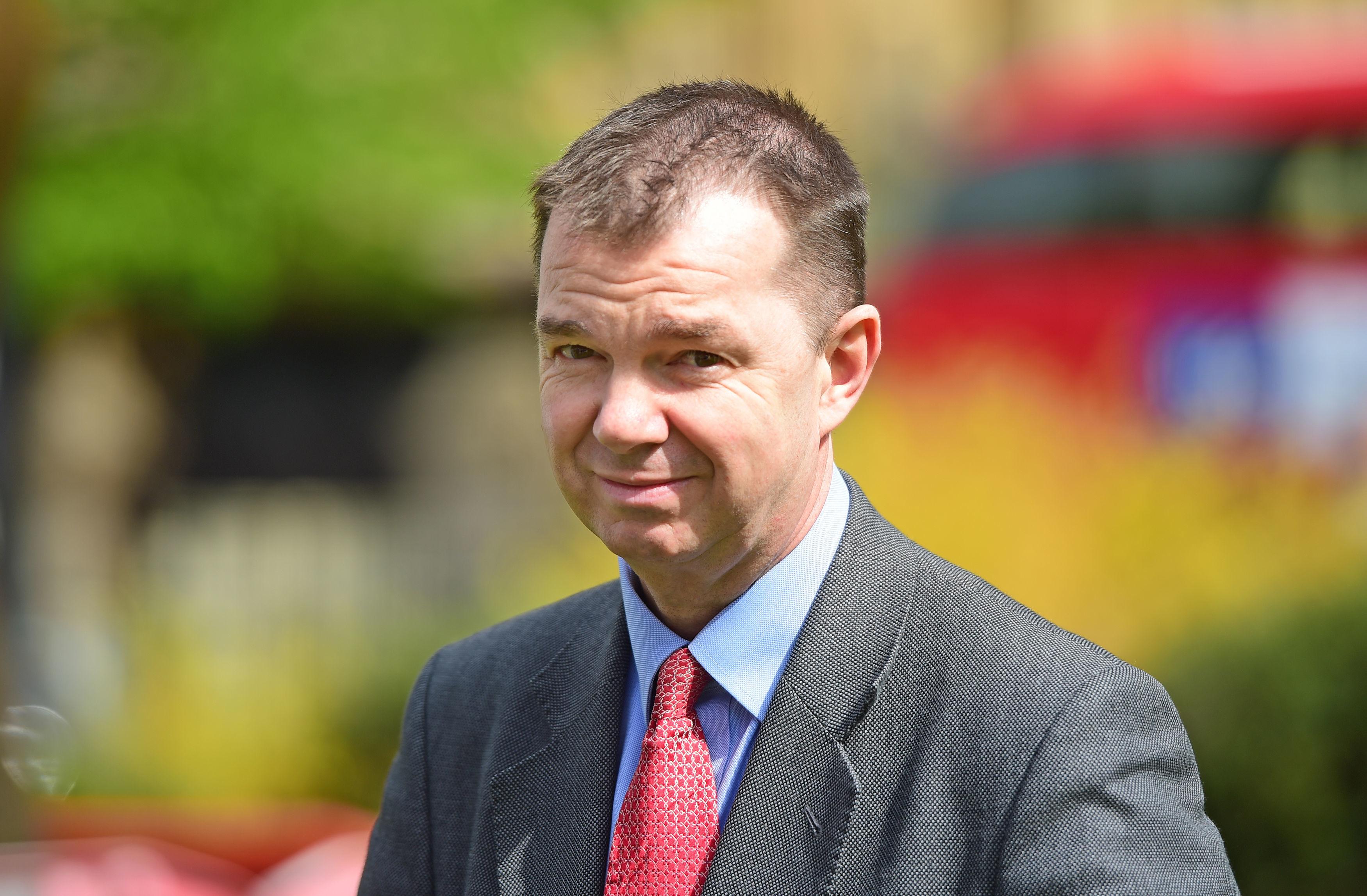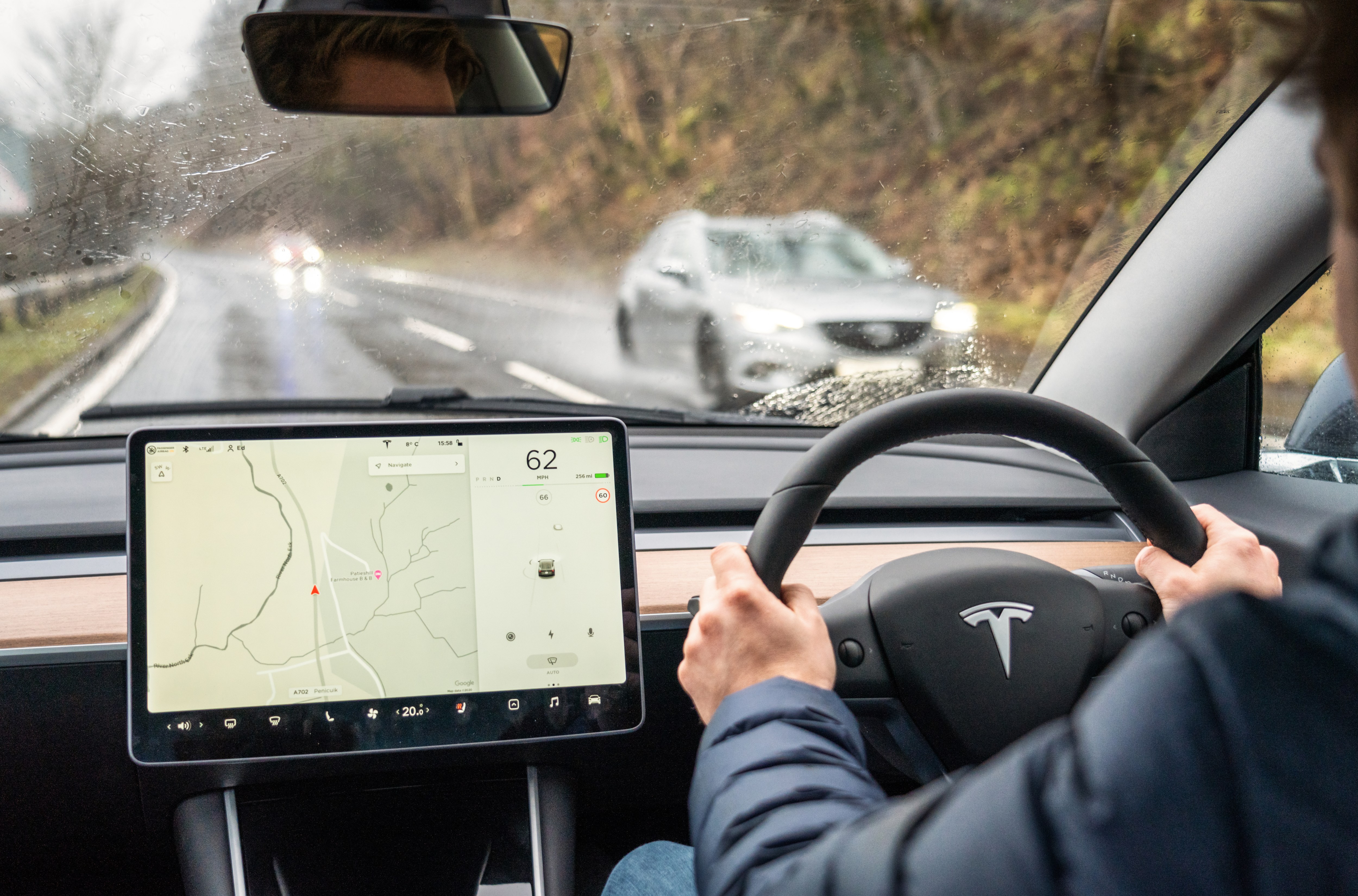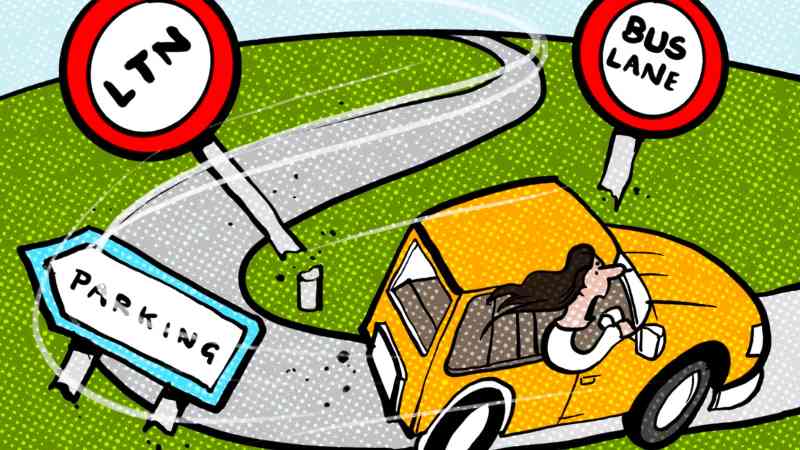They are the gadgets on which most motorists depend, with many admitting they cannot read a map any more and would be lost without them.
While sat-nav apps such as Google Maps and Waze already show the quickest route and the predicted journey time, they are no help when you need to find out where to park at your destination — nor do they save you from the peril of entering unawares a Low Traffic Neighbourhood (LTN) for which a charge may be payable.
At any given point, about 15 per cent of urban drivers are either lost or searching for a parking spot, research shows. But the government is to reveal plans for more “reliable, safer and hassle-free” journeys, with sat-navs able to display parking rules, temporary speed restrictions and road closures.
Under Rishi Sunak’s Plan for Drivers, intended to improve motorists’ day-to-day experience, sat-navs will be able to display parking rules, temporary speed restrictions and road closures, though it is not clear whether they will have information about bus lanes.

On Monday Guy Opperman, the roads minister, will announce the scheme to digitise millions of localised rules and regulations, known as Traffic Regulation Orders (TROs), for use from next year. At present, measures such as temporary speed restrictions or road closures are not updated on sat-nav systems because most highway authorities record them on paper.
Under the digitisation plans, the authorities will be required to send the information to a digital publication platform. It will then be marked on sat-navs — a huge boost to those fed up with being fined for driving into LTNs without realising they are doing so. Motorists in London racked up fines of at least £56 million over two years for driving in LTNs. The average fine for entering the restricted areas was £41 last year.
Opperman said it showed the government was “on the side of drivers”, adding: “Everyone knows the frustrations of being sent down a closed road by your sat-nav, so by going digital with our traffic information, we’re making sure drivers have the very latest travel information to rely on.”

The project could cost £50 million but save local authorities a remarkable £1 billion a year, according to Dan Hubert, founder and chief executive of AppyWay, the kerbside management company.
Once digital records are available, sat-nav providers will be able to add the information to their services, but they will not be obliged to do so. Hubert and other industry figures lobbied Mark Harper, the transport secretary, to digitise the records saying that the paper-based system created obstacles to installing charge points for electric cars (EVs) and delays of up to 12 months and costs of £5,000 in creating a single car-club bay.
The group, which includes the AA, the EV charging network Connected Kerb, and Enterprise Rent-A-Car, said reforms would make it easier for 2.35 million blue badge holders to park and also prepare for autonomous vehicles on British roads.
Hubert said that motorists had become accustomed to planning their journeys with online apps such as Citymapper, and this would enable the next leap forward.
Once parking restrictions are digitised, it will be possible to check the rules before setting off, such as if parking is only being allowed after 10pm on a street, or only on Sundays. There are so many restrictions that confusion is often likely.

Hubert said: “You will no longer need a PhD in parking studies to work out the match-day restrictions in Islington [the north London borough that hands out the greatest number of parking fines].” However, it will not guarantee that a space is free when you get there.
The scheme will help to provide the raw material for a national parking app that will enable motorists to pay charges anywhere in the country instead of downloading multiple apps on their smartphones for different local authorities.
Edmund King, president of the AA, said: “When I drive to away games [for Norwich City], it is really difficult to find out beforehand where I can park. Digitising the records should reduce congestion, journey time and road rage.”
